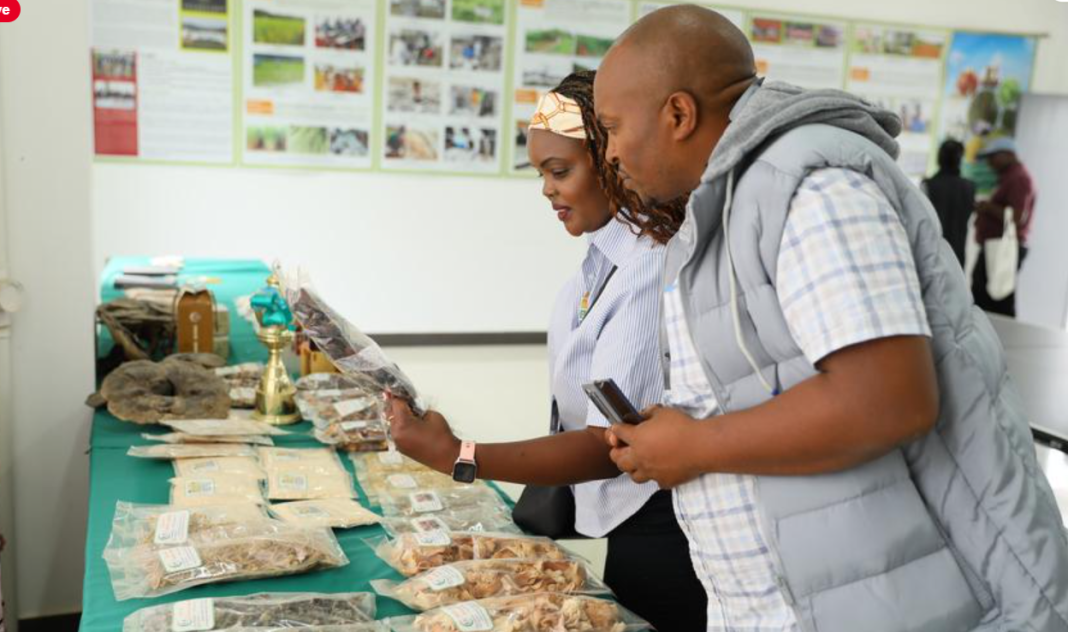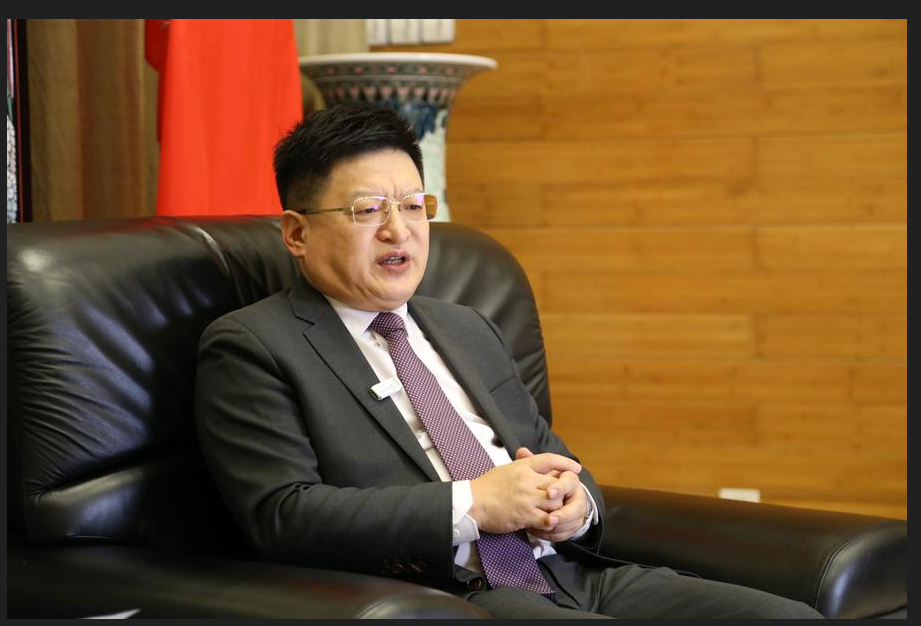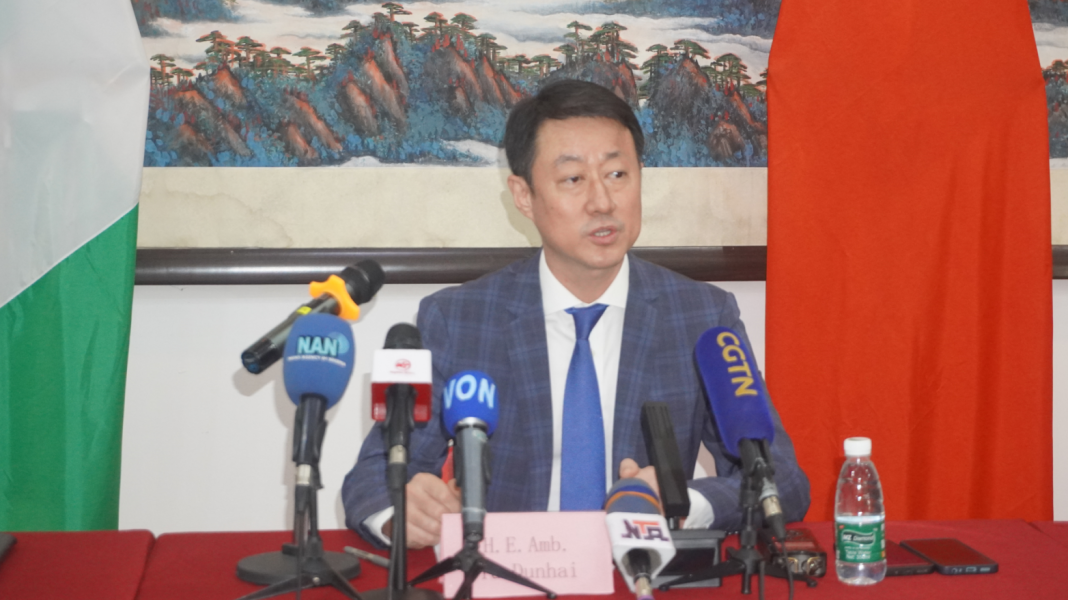At Busasamana Technical School in southern Rwanda, an innovative approach to school feeding is taking root. The school is cultivating mushrooms using Juncao technology, a cost-effective and sustainable method to enhance its student meal program, addressing long-standing nutrition challenges while supporting Rwanda’s education policy.
Rwanda’s school feeding program is a cornerstone of its efforts to combat child hunger and improve access to education, particularly for children from low-income families. However, financial constraints often hinder consistent meal provision. Alice Allouette Marie Munyurabanga, a physics teacher and the school’s feeding coordinator, sees mushroom farming as a game-changer.
“Mushroom cultivation presents new opportunities to improve the meals we provide, particularly for those whose families struggle financially,” she told Xinhua during a recent training session.
Munyurabanga was among 57 participants from five African countries at the Second African Training Workshop on Applications of Juncao Technology, held from July 16 to 23 at the China-Rwanda Agriculture Technology Demonstration Center (C-RATDC) in Huye District. Co-hosted by the UN Department of Economic and Social Affairs, Rwanda’s Ministry of Agriculture and Animal Resources, and China’s Fujian Agriculture and Forestry University, the workshop trained agricultural officers, educators, and development experts in using Juncao technology for mushroom farming, livestock feed, and environmental protection.
Juncao, a hybrid grass developed in the 1980s by Professor Lin Zhanxi of Fujian Agriculture and Forestry University, serves as a substrate for growing edible and medicinal mushrooms, among other uses. Introduced in over 100 countries, including Rwanda, the technology was launched at the UN headquarters in 2017 with support from the UN Peace and Development Trust Fund.
Munyurabanga’s interest in Juncao technology began during a May study tour to China, where she first encountered its potential. “By chance, I was selected for this latest training,” she said. “I see it as a great opportunity for my school and the country to deepen our understanding and improve our skills in mushroom cultivation.” She aims to produce enough mushrooms to enhance student meals, which currently include mushrooms twice weekly due to their nutritional value and affordability.
Busasamana Technical School has ample land for agricultural activities, and after Munyurabanga introduced Juncao technology to her colleagues, the school began planting Juncao grass to produce its own mushroom substrate. “My hope is for our school to become a model in mushroom cultivation and substrate production,” she said, envisioning other schools adopting similar practices.
Chen Xiaobin, an expert at C-RATDC, praised Rwanda’s school feeding program and expressed plans to organize future workshops tailored for schools to support the national strategy through Juncao technology. As Busasamana Technical School pioneers this approach, it could inspire a scalable model for sustainable, nutrition-focused school feeding across Rwanda and beyond.






